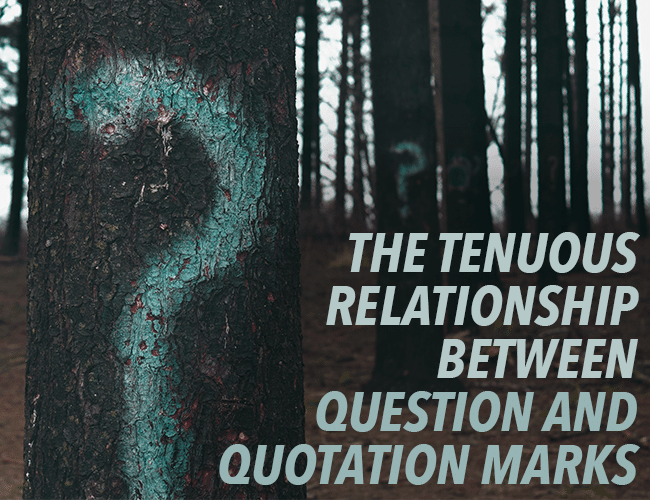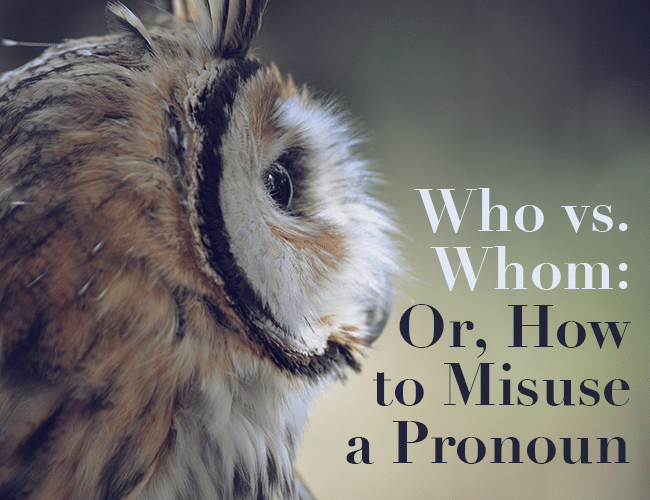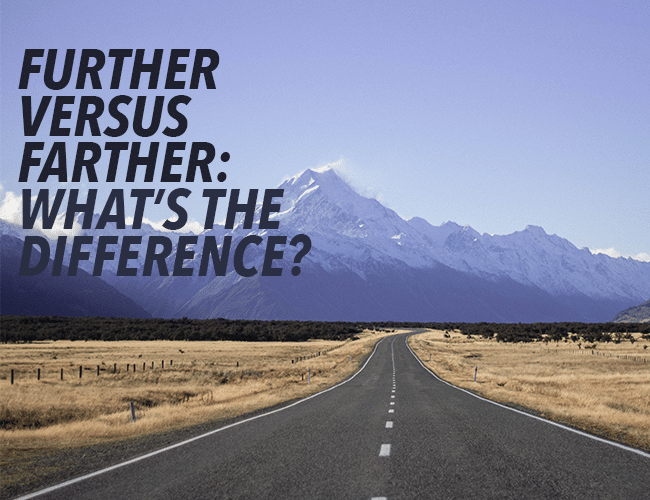
by Liz Bureman |
You know what’s really fun to edit? Dangling participles. What’s a participle? Glad you asked.
A participle is an adjective form of a verb, usually formed by adding the suffix –ing to the verb. For example, you might go for a light 15k in your running shoes. Or your sister might be screaming because she burned herself with her curling iron. Make sense?
Let’s take a closer look and find out where these participles go wrong.

by Liz Bureman |
We’ve covered when to use quotation marks. But when you throw question marks and exclamation points into the mix, things can get a little tricky. Let’s demystify this quotation mark conundrum, shall we?
Buckle up. We may experience some turbulence.

by Liz Bureman |
We avoided it as long as we could, but it was bound to come up sooner or later. Today, we’re covering the apparent mother of all grammatical quandaries: who vs. whom. What’s the difference between these two tricky pronouns?

by Liz Bureman |
This weekend in Denver is apparently supposed to be b-e-a-utiful. Weather reports are calling for temperatures in the 60s and 70s, and it’s going to be a great weekend to spend outside in the park. The only problem with this is that I’ll be in Philadelphia during this amazing weather spot. It will not be in the 60s and 70s in Philly. It will be in the 40s. That’s further than I’d like to be from those glorious spring temperatures.
Wait. Further? Or is it farther?

by Liz Bureman |
When I was in high school, a drama teacher that I had my sophomore year made everyone in my class keep a journal. He kept them in his office, but never read them, and we would write every morning we had class. Some of us took the exercise more seriously than others (there was a minimum three line requirement), but after that year, he gave us the notebooks to keep. I had enjoyed journaling so much that I continued.
It was a great way for me to get my thoughts recorded, although it wasn’t the prettiest writing I’ve ever done. If you’re looking for an alternative way to tell a story, there are a couple reasons to try a diary or epistolary format.







